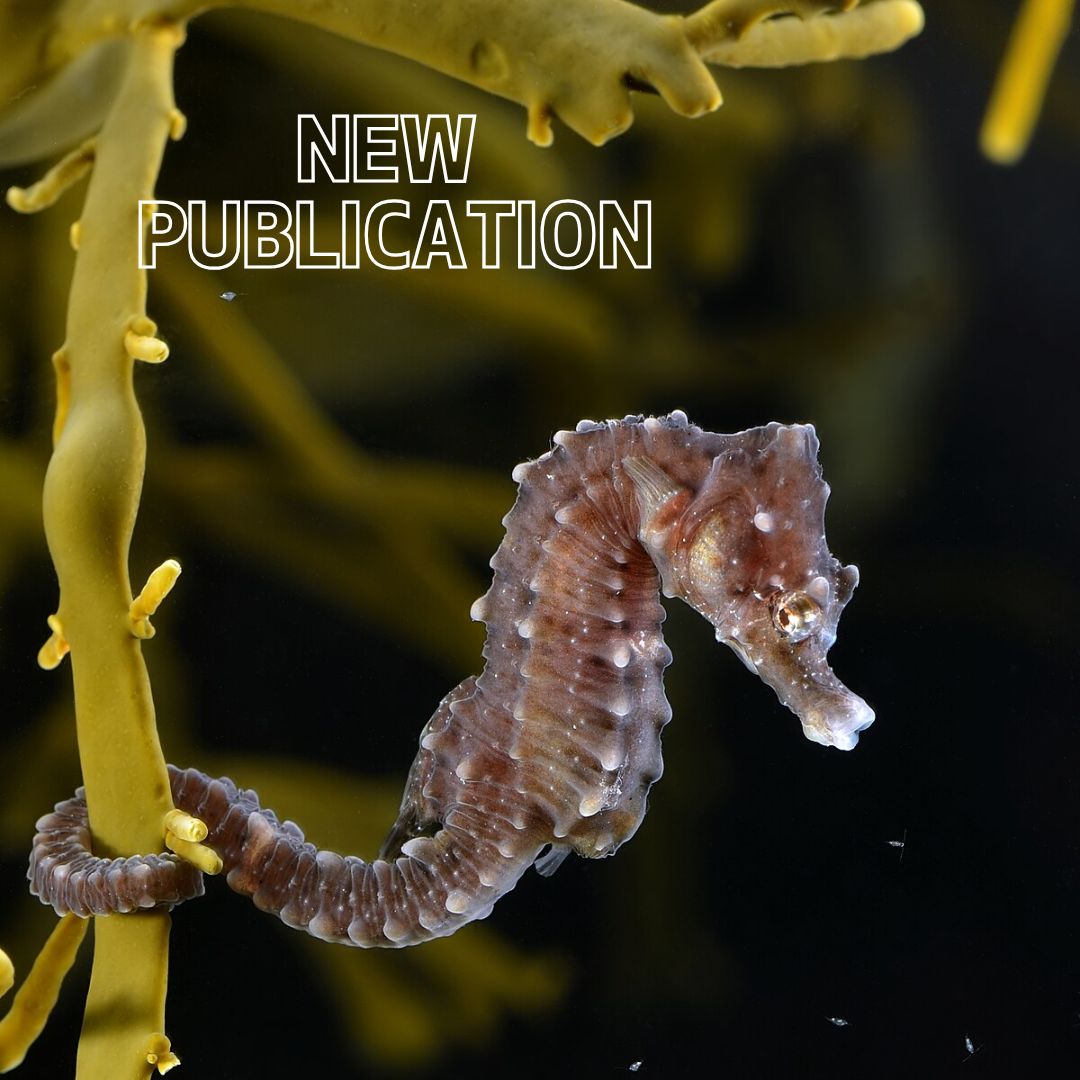Newborn seahorses are vulnerable to oxygen deprivation
 A new study published in the journal Marine Environmental Research reveals that newborns of the short-snouted seahorse (Hippocampus hippocampus), a species native to the Portuguese coast, are particularly sensitive to acute hypoxia—that is, a drastic reduction in oxygen levels in the water.
A new study published in the journal Marine Environmental Research reveals that newborns of the short-snouted seahorse (Hippocampus hippocampus), a species native to the Portuguese coast, are particularly sensitive to acute hypoxia—that is, a drastic reduction in oxygen levels in the water.
The research, carried out by a team of researchers from MARE – Center for Marine and Environmental Sciences, analyzed for the first time the physiological and behavioral responses of seahorse offspring subjected to a short-term episode of hypoxia. For 12 hours, the animals were exposed to an environment with only 27% of the dissolved oxygen normally available.
The results are worrying: there was a significant decrease in heart and respiratory rates, as well as clear signs of lethargy and reduced locomotor activity. Even more alarming was the impact on the anti-predatory response—newborns exposed to hypoxia were unable to react effectively to chemical signals from predators, thus compromising their ability to survive in the wild.
This study comes at a time when episodes of marine deoxygenation have been increasing in frequency and intensity as a result of climate change and eutrophication. The authors warn that the loss of oxygen in coastal ecosystems can have severe impacts on seahorse populations, which are already threatened by other pressures such as habitat degradation and illegal fishing.
By identifying the physiological and behavioral effects of hypoxia shortly after birth, this research provides fundamental data for the conservation and management of seahorse populations. The results underscore the importance of considering not only adults but also the early stages of life in strategies for the protection and recovery of the species.
To access the article, click HERE
